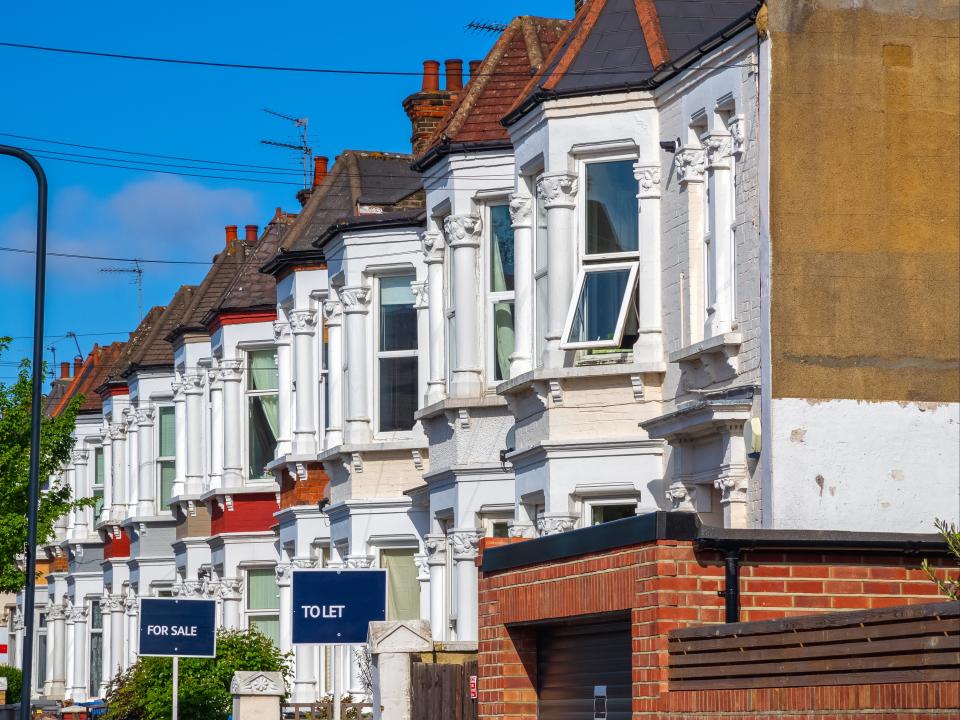UK house prices hit record high as buyers hunt for more space

UK house prices have hit a new record high and are now 30 per cent above the peak before the 2008 financial crisis, according to Zoopla.
The property website said the average house price reached a new high of £230,700 in June – a rise of 5.4 per cent compared to the same month a year earlier.
The pandemic-borne search for space has driven prices for houses up by 7.3 per cent over the past year, while demand for flats has failed to keep pace with a price growth of 1.4 per cent.
It comes amid a severe shortage of homes for sale, Zoopla said, with stock levels down by 25 per cent in the first half of the year compared to 2020.
Grainne Gilmore, head of research at Zoopla, said: “Demand is moderating from record high levels earlier in the year, but remains significantly up from typical levels, signalling that above average activity levels will continue in the coming months.
“Demand for houses is still outstripping demand for flats. To a certain extent this trend will have been augmented by the stamp duty holiday, with bigger savings on offer for larger properties – typically houses.
“But underneath this, there is a continued drumbeat of demand for more space among buyers, both inside and outside, funnelling demand towards houses, resulting in stronger price growth for these properties.”
Sales agreed are running 22 per cent ahead of average levels in 2020.
Buyer demand did dip slightly by 9 per cent in the first half of July after the initial stamp duty holiday ended, but overall it remains up by 80 per cent compared to the average for this time of year in the more “normal” market conditions of 2017-2019.
London’s market is polarised, with demand in outer London running 86 per cent ahead of the 2017-2019 average, while demand in inner London is running just 2 per cent above the “normal” market average.
“London has a two-speed market at present, with domestic demand driving price growth in the outer boroughs, while the lack of international business and leisure travel is affecting demand in the more global real estate markets towards the centre of London,” said Ms Gilmore.
“As Covid progresses at different rates across the world, unrestricted travel may not resume for some time yet, but when it does, demand will start to pick up once more.”
Price growth for houses is highest in Wales at 10.2 per cent and the North West at 8.8 per cent, and weakest in London at 5.6 per cent.
Meanwhile, price growth for flats is highest in Scotland at 5.2 per cent and East Midlands at 3.7 per cent, but has fallen in London by 0.5 per cent.
Read More
House sales surge to record high in ‘frenzied’ rush to beat stamp duty deadline
House sales taking 295 days to complete thanks to Covid
Home-buyer frenzy leaves shortfall of 225,000 properties for sale – Rightmove
Uber and Deliveroo drivers protest over hundreds of ‘unfair’ dismissals
FTSE 100 dips after Sensex and other Asian stock markets fall sharply

 Yahoo Finance
Yahoo Finance 